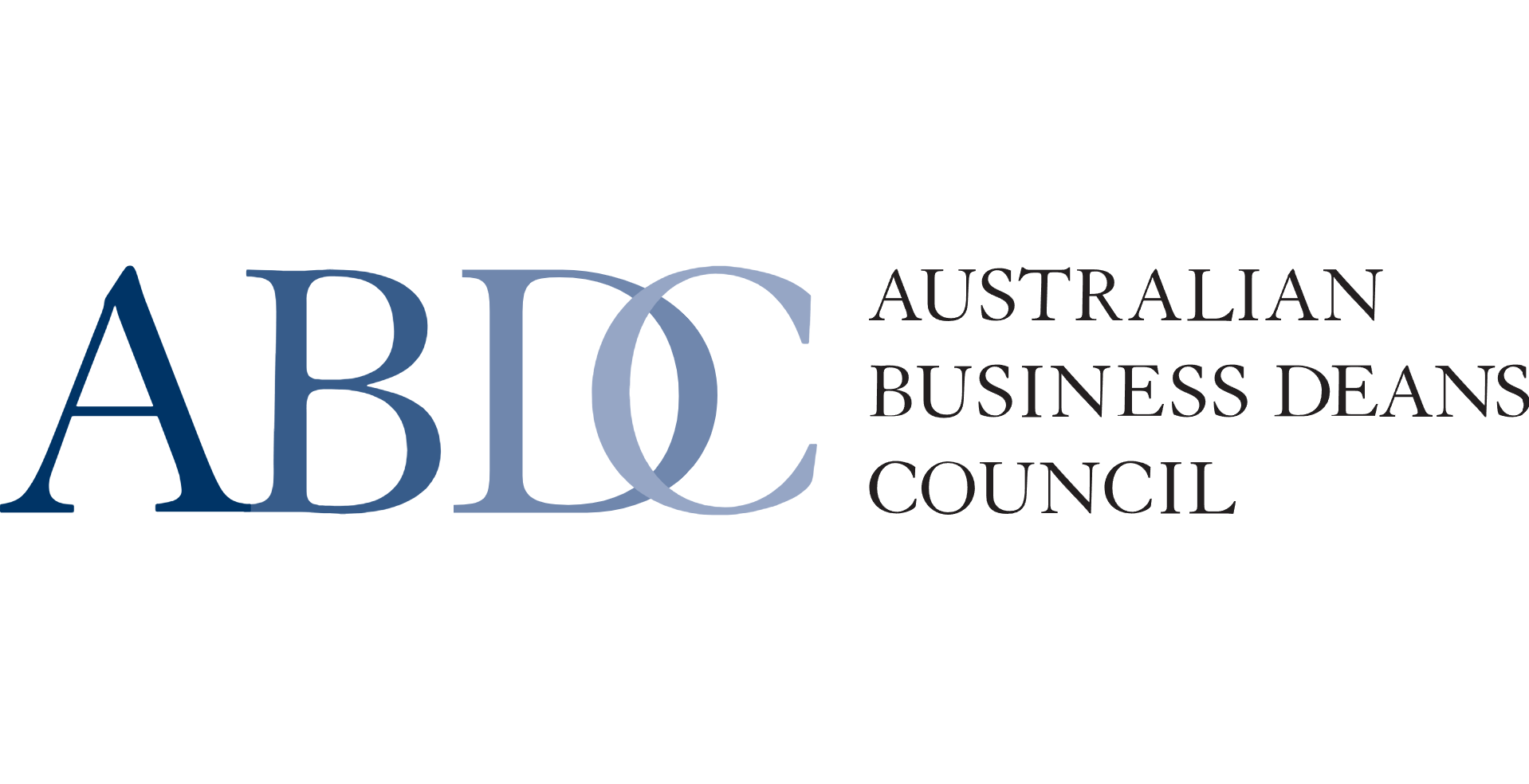THE ROLE OF GOVERNMENT IN CURBING FINANCIAL MALPRACTICES IN NIGERIA PUBLIC SECTOR
DOI:
https://doi.org/10.53555/eijbms.v5i3.86Abstract
This research examines the role of government in curbing financial malpractices in Nigeria public sector. Efforts made in the past to curtail the problem, and present experiments to eradicate the scourges from our public sector of Nigeria economy are also examined. In other words, whenever and wherever a party performs a service or obligation in exchange for some gratification or refuses to perform his duty as a result of conferment of some benefits or promise of same, he is said to be corrupt. This dissertation is broken into five chapters. The major objectives of this research are to investigate and educate about the various forms of financial malpractices, causes, dangers, signal and ways of preventing financial malpractices and to discuss some of the role of the Government in curbing financial malpractices in the Nigeria public sector. The methodology explains scientific and methodological nature, it’s scientific in that it follow a well-defined laid down principles and makes use of scientific approach to studying using primary and secondary data, Primary sources such as relevant statutes and legislations, judicial decisions and government publications and secondary sources such as opinions of writers, textbooks, newspaper articles and seminar papers. And finally, with discussion of results and curbing financial malpractices in Nigeria, with Summary, Conclusion and Recommendations we can see from this research project that the efforts and the impact Government is making to curb financial malpractices is having positive and is returning sanity to our public sector, enthroning the virtues of honesty, transparency and accountability in Nigeria
References
ARTICLES ON THE INTERNET
Duke, J. ‘Combating Corruption under International Law’ http://www.law.duke.edu/journal/djcil/articles/djci/10p345.htm
Fagbadebo, O. ‘Corruption Governance and Political Instability in Nigeria’ http://www.academicjournals.org/AJPSIR Accessed on October 14 2007
BOOKS
. Ademola, Y. (2004) ‘Nigeria Constitutional Law’` Demyax Law Book
. Akande, J. A. (2000) ‘Introduction to the Constitution of the FRN 1999`. MIJ Publishers
. David, M. O. (1989) ‘Legislative Process: A comparative Approach’ Oxford University Press, London.
. Sundary Chibuzo Chutai (2004) ‘Corruption in Nigeria’ Afro-Orbis & Snap Press Ltd.
. Dike, V. E. (2001) ‘Democracy and Political Life in Nigeria’ Amadu BelloUniversity Press.
. Forest, T. (1995) ‘Politics and Economic Development in Nigeria’ West View Press
. Gambetta, D. (2000) ‘Corruption: An analytical Map’ Central European University Press
. Jeaga, A. M. (2007) ‘Democracy, Good Governance, Development in Nigeria’ Spectrum Book Ltd.
. Klitgard, R. ‘Controlling Corruption’ University of California Press.
. Nwabueze, B. O. (1992) ‘Military Rule and Constitutionalism’ Spectrum Law Book.
. Okonkwo and Naish, (2005) ‘Criminal Law in Nigeria’ 2nd Edition, Spectrum Law Book
. Okonkwo, C. O. (1995) ‘Advance Fee Fraud and other related offence’ Spectrum Book
. Robin, T. (1990) ‘Corruption, development and Under-development’ City Press, Durham
. Sundary, C. (2004) ‘Corruption in Nigeria’ Afro-Orbis and Snap Press Ltd.
NEWSPAPER REPORTS
. Vanguard Newspaper October 31, 2000
. Vanguard Newspaper December 6, 2004
. Guardian Newspaper August 4, 2005
. Guardian Newspaper June 12, 2005
PAPER PRESENTED AT CONFERENCES, WORKSHOP AND SEMINARS
. Paul D. Ocheje (2001) ‘Law and Social Change: A socio-legal Analysis of Nigeria’s Corrupt Practices and other Related Offences Act 2000’ Journal of Africa Law Vol 45 (2) p. 174
. Marong B.M (2002) ‘Toward a Normative Consensus Against Corruption: Legal Effects of the Principles to Combat Corruption in Africa’ p. 99-109
. Abed, George T. & Davoodi, Hamid, R. (2000) ‘Corruption, Structural Reforms and Economic Performance in the Transition Economics, Working Papers’ WP/00/132 International Monetary Fund
. Tanzi, V. (1995) ‘Corruption around the World: Causes, Consequences, Scope and Cures’ IMF Staff paper 45(4) p. 559
. Berg Erlend, (2001 ‘how Corruption should be measured?’ MSc Economics Extended Essay. (London School of Economics & Political Science) p. 4
. Ajibola, B. (1988) ‘Corruption and Economic Crime’ Speech at National Conference, held at the Federal Ministry of Justice, Lagos
. Ayoola, E. O. (2002) ‘Corruption: the Past, the Present and the future any hope for sanity’. Seminar paper presented at the Faculty of Law. University of Ilorin
. Eddy, N. ‘Nigeria Government, the Public Sector and the Fight Against Corruption’ International
. NGO Journal. Vol. 3
. Ibrahim I. & Olokooba S. (2010) ‘Corruption in Nigeria, A call for an aggressive Legal Solution’ University of Ilorin Faculty of Law Journal.
. Mojeed, A. (2010) ‘Legislation and Anti-Corruption Crusade’ International Journal of Politics and good governance.
. Okogbule, N.S. (2004) ‘Nigeria factor and the Criminal Justice System’ University of Benin Law Journal.
. Oputa, .C A. (1975) ‘Crime and the Nigeria Society’ Proceedings of Workshop, Enugu.
. Popoola, A. O. (1989) ‘The Military and Economic Crimes in Nigeria’ Annual conference of the Nigeria Association of Law Teachers
Downloads
Published
Issue
Section
License
Copyright (c) 2019 EPH - International Journal of Business & Management Science (ISSN: 2208-2190)

This work is licensed under a Creative Commons Attribution-NonCommercial-NoDerivatives 4.0 International License.



